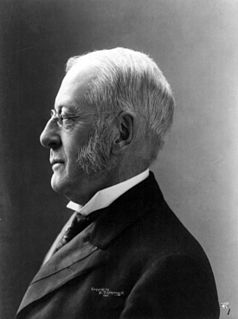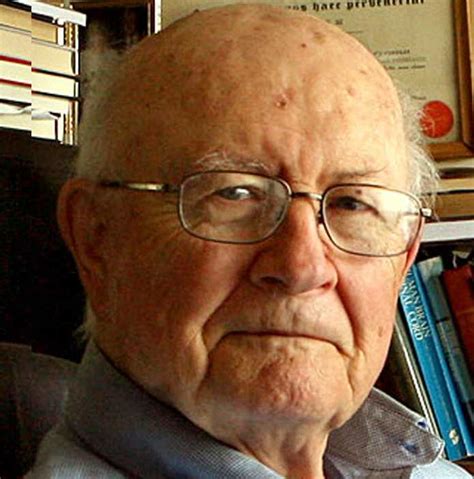A Quote by Charles William Eliot
All business proceeds on beliefs, or judgments of probabilities, and not on certainties.
Related Quotes
One influential philosophical position about the use of probability in science holds that probabilities are objective only if they are based on micro-physics; all other probabilities should be interpreted subjectively, as merely revealing our ignorance about physical details. I have argued against this position, contending that the objectivity of micro-physical probabilities entails the objectivity of macro-probabilities.
Cross-cultural reality testing forces people to examine both their own and others' understandings of reality. Most people simply assume that the
way they look at things is the way things really are, and judge other cultures' views of reality before understanding them. These judgments are
based on ethnocentrism, which closes the door to further understanding and communication. Furthermore, ethnocentric judgments keep missionaries from examining their own beliefs and values to determine which of them are based on biblical foundations and which on their cultural beliefs.
Ordinarily logic is divided into the examination of ideas, judgments, arguments, and methods. The two latter are generally reduced to judgments, that is, arguments are reduced to apodictic judgments that such and such conclusions follow from such and such premises, and method is reduced to judgments that prescribe the procedure that should be followed in the search for truth.
...we should all fortify ourselves against the dark hours of depression by cultivating a deep distrust of the certainties of despair. Despair is relentless in the certainties of its pessimism. But we have seen again and again, from our own experience and others', that absolute statements of hopelessness that we make in the dark are notoriously unreliable. Our dark certainties are not sureties.


































